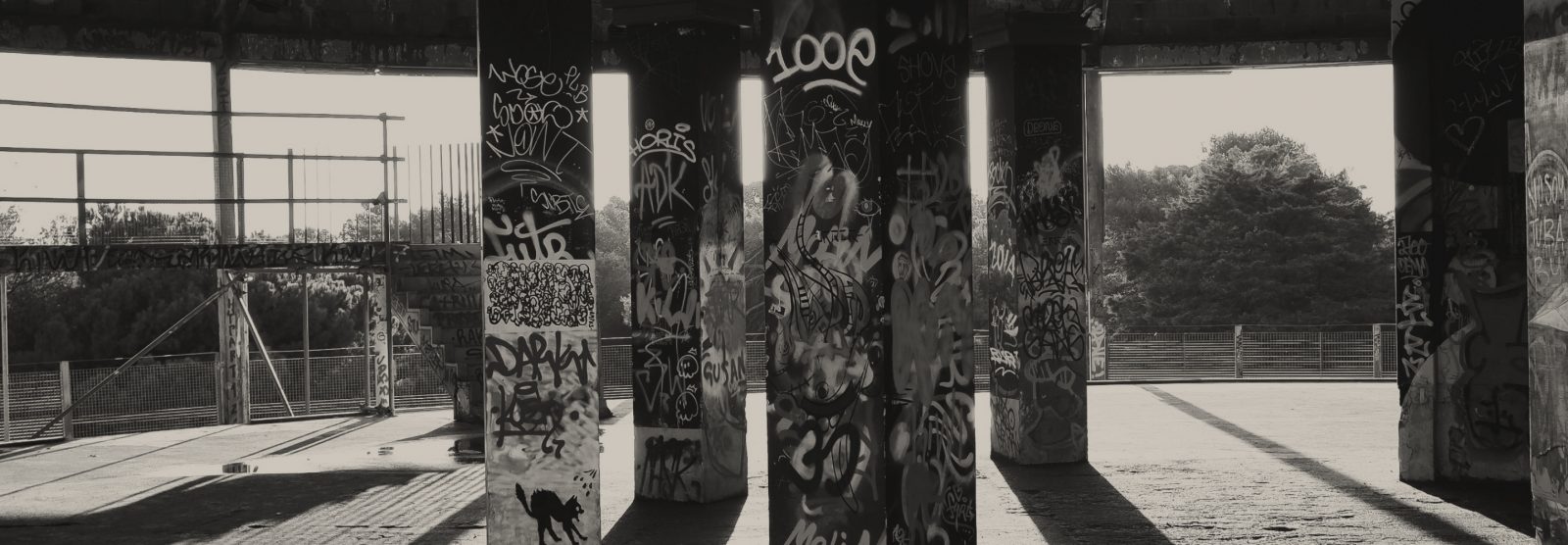Deconfiguring the Security State
The roots of e-carceration run deep, and we need to articulate digital abolition as the solution.

TOPICS
43 posts in ‘Foundations’
The roots of e-carceration run deep, and we need to articulate digital abolition as the solution.
For criminal law to become truly unexceptional, we must rethink our society, and its legal structures, as a whole.
Human sacrifice, and nothing else, is the central problem that organizes the carceral geographies of the prison-industrial complex.
We can celebrate the ascent of Ketanji Brown Jackson, while acknowledging that indigent defense remains woefully inadequate in this time of crisis.
Many kids learn violent behaviors through intergenerational harm — and are then met with more harm by the state. Things don’t have to be this way.
How a committed critical race theorist on the bench might have written one of the worst Fourth Amendment cases in history.
Our nation’s turn toward punitiveness for people arriving at the Southwest border coincided with the modern era of mass incarceration.
On the 50th anniversary of a flashpoint of the American penal system, the cries of Attica still resonate today.
In the struggle to end mass incarceration, one must understand how the criminalization of violence is largely a modern creation.
One year after a governor's clemency, Renaldo Hudson, who spent 37 years incarcerated, reflects on violence, prisons, and the vital importance of education and support for those incarcerated.
Like torture and the death penalty, mass incarceration is life-destroying. And indefensible.
Reckoning with the lives of all the men I sent to prison is a necessary, though not sufficient, step to reckon with the untold harm of mass incarceration.
A note from our founding editors